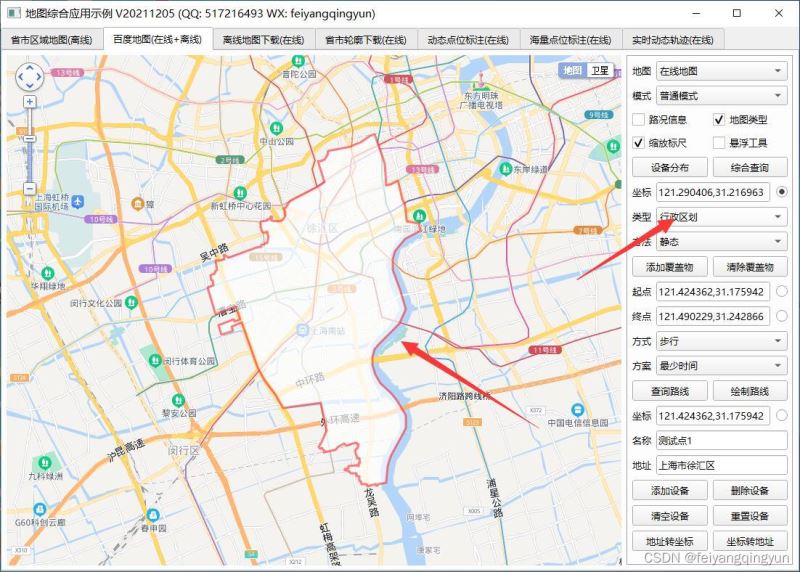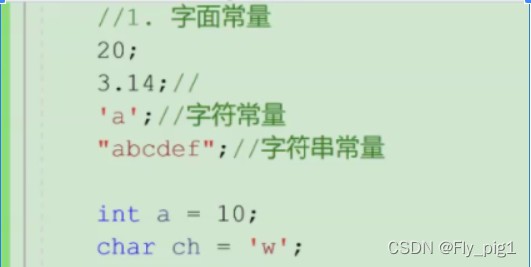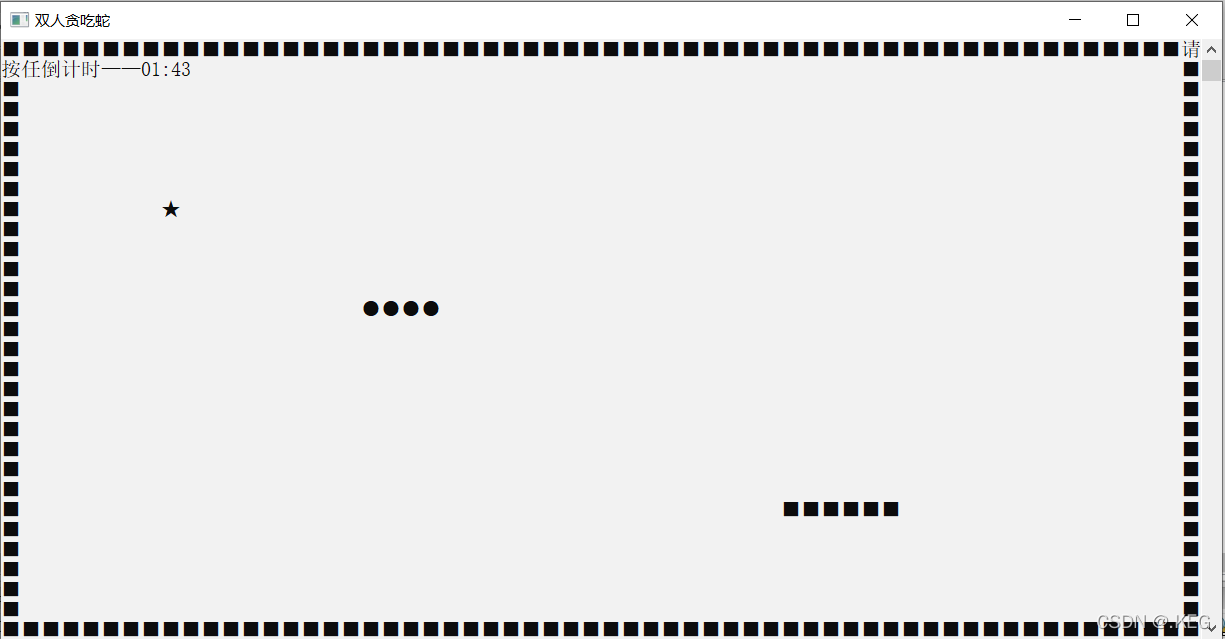Base class pointer vs inherited class pointer?(基类指针与继承类指针?)
问题描述
Suppose I have a class Dog that inherits from a class Animal. What is the difference between these two lines of code?
Animal *a = new Dog();
Dog *d = new Dog();
In one, the pointer is for the base class, and in the other, the pointer is for the derived class. But when would this distinction become important? For polymorphism, either one would work exactly the same, right?
For all purposes of type-checking, the compiler treats a as if it could point to any Animal, even though you know it points to a Dog:
- You can't pass
ato a function expecting aDog*. - You can't do
a->fetchStick(), wherefetchStickis a member function ofDogbut notAnimal. Dog *d2 = dynamic_cast<Dog*>(d)is probably just a pointer copy on your compiler.Dog *d3 = dynamic_cast<Dog*>(a)probably isn't (I'm speculating here, I'm not going to bother checking on any compiler. The point is: the compiler likely makes different assumptions aboutaanddwhen transforming code).- etc.
You can call virtual functions (that is, the defined polymorphic interface) of Animal equally through either of them, with the same effect. Assuming Dog hasn't hidden them, anyway (good point, JaredPar).
For non-virtual functions which are defined in Animal, and also defined (overloaded) in Dog, calling that function via a is different from calling it via d.
这篇关于基类指针与继承类指针?的文章就介绍到这了,希望我们推荐的答案对大家有所帮助,也希望大家多多支持编程学习网!
本文标题为:基类指针与继承类指针?


基础教程推荐
- 初始化列表*参数*评估顺序 2021-01-01
- 如果我为无符号变量分配负值会发生什么? 2022-01-01
- 为什么 typeid.name() 使用 GCC 返回奇怪的字符以及如 2022-09-16
- 通过引用传递 C++ 迭代器有什么问题? 2022-01-01
- 非静态 const 成员,不能使用默认赋值运算符 2022-10-09
- GDB 显示调用堆栈上函数地址的当前编译二进制文 2022-09-05
- 我应该对 C++ 中的成员变量和函数参数使用相同的名称吗? 2021-01-01
- 为什么 RegOpenKeyEx() 在 Vista 64 位上返回错误代码 2021-01-01
- 为什么派生模板类不能访问基模板类的标识符? 2021-01-01
- CString 到 char* 2021-01-01

















